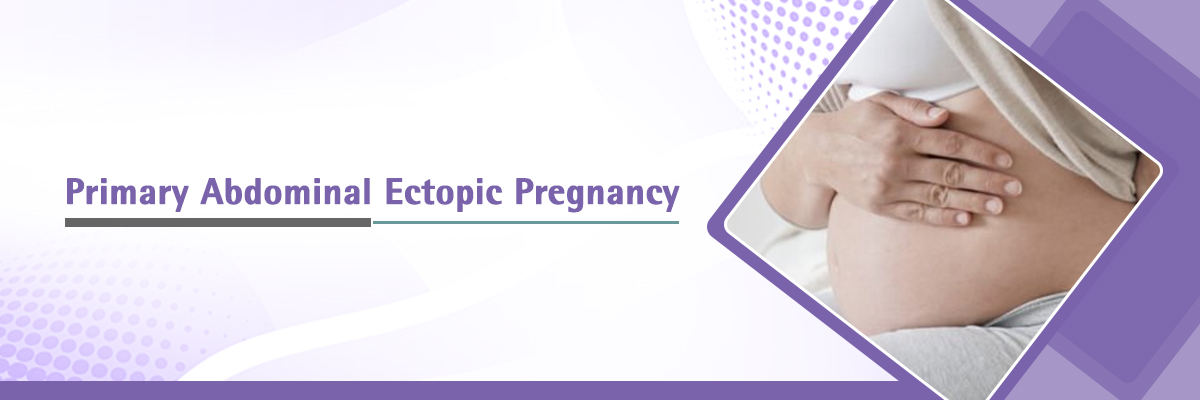
 IJCP Editorial Team
IJCP Editorial Team
Primary abdominal ectopic pregnancy
A 37-year-old pregnant woman complained of severe pain in the abdomen. She fainted shortly after the presentation in the gynecological department and was immediately admitted.
The lady was at 7+2 weeks gestation; gravida 3, para 2. Her elder child was seven-year-old and the younger one was six-month-old; she had undergone vaginal deliveries in both instances. The patient did not have a pelvic inflammatory disease or history of oral contraceptive use.
Since her current conception, the lady gave a history of nausea and vomiting, accompanied by abdominal pain and more than usual bowel movements. She underwent termination of pregnancy through dilatation and curettage. Three days after the procedure, the patient experienced severe pain during a defecation episode; shortly after, she fainted.
On hospitalization, the patient was pale with low blood pressure (80/60). On examination, there was guarding and tenderness all over the abdomen. The uterus size was 12 weeks with adnexal tenderness.
Intravenous fluid and noradrenaline infusion were administered. Trans abdominal ultrasound revealed an empty uterine cavity and a live fetus of 10+2 weeks within the amniotic sac in the peritoneal cavity on the right side of the uterus.
A diagnosis of for separated abdominal pregnancy with shock was made and the patient was managed with midline laparotomy under general anesthesia. The fetus ensac and the separated placenta lying in the peritoneal cavity were removed. Placental implantation had occurred over the serosa of the sigmoid colon in this case.
The patient had to be transfused 4 units of whole blood and 8 units of fresh frozen plasma. Noradrenaline infusion was continued until 12 hours after surgery. The woman recuperated and was discharged after six days.
Source: Dubey S, Satodiya M, Garg P, Rani M. Primary Abdominal Pregnancy: A Case Report. J ClinDiagn Res. 2016;10(11):QD04-QD06. doi:10.7860/JCDR/2016/23061.8859

IJCP Editorial Team
Comprising seasoned professionals and experts from the medical field, the IJCP editorial team is dedicated to delivering timely and accurate content and thriving to provide attention-grabbing information for the readers. What sets them apart are their diverse expertise, spanning academia, research, and clinical practice, and their dedication to upholding the highest standards of quality and integrity. With a wealth of experience and a commitment to excellence, the IJCP editorial team strives to provide valuable perspectives, the latest trends, and in-depth analyses across various medical domains, all in a way that keeps you interested and engaged.





















Please login to comment on this article